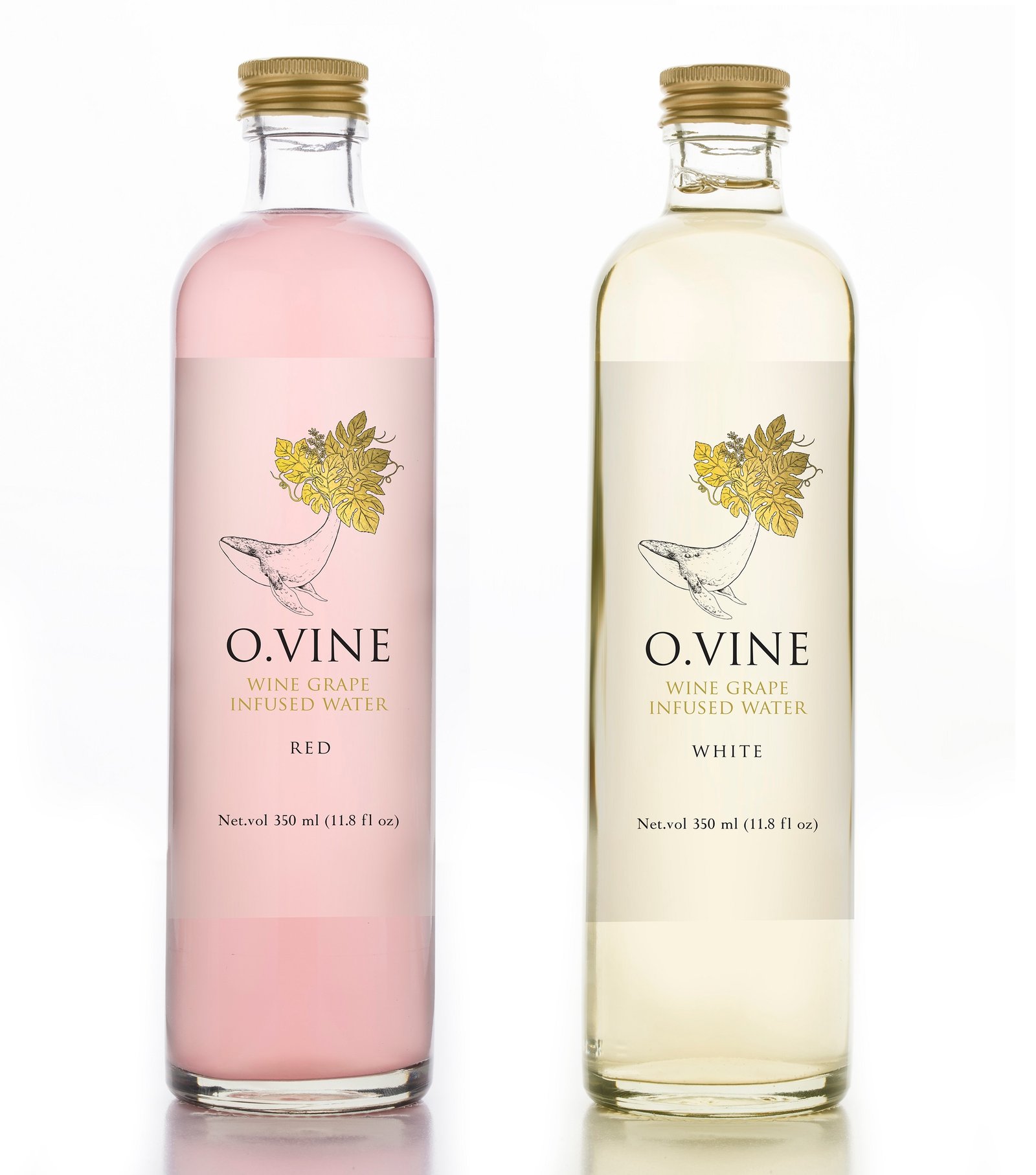Inside BENEO’s new pulse plant: pioneering sustainable protein from faba beans
An example of Practical Innovation’s ability to redirect previously wasted materials into an innovative product with a distinctive market positioning is O.Vine.
Practical Innovation discloses its system for developing innovative food and beverage products out of previously cast off food fractions once treated as waste. The company calls on food and beverage manufacturers to identify, evaluate, integrate and create innovative products from these previously discarded — yet nutritionally valuable — materials.
Food waste varies from one category to another. Several examples are: canned vegetables, jams, frozen vegetables, as well as the baby food puree, baked goods, pasta sauces and wine industries. Precious peels and seeds rich in fiber, nutrients and nutraceuticals are abandoned rather than exploited. Nearly every food manufacturing system discards usable food cast-offs, costing money and resources.
But the “trash” of the food industry is the “treasure” Practical Innovation analyzes to create an innovative process to develop a new food and beverage categories or to generate income from a waste that had previously been a costly burden to the manufacturer.
“Every food manufacture must find an innovative and profitable way to reuse its cast-offs, and turn them into profitable new products,” says Tal Leizer, CEO of Practical Innovation. The Israeli company initiates and accelerates new products for food and food ingredient companies. “This approach is not just good for the companies in terms of getting rid of waste, conserving resources, and reducing costs, but also minimizes the eco footprint while decreasing true waste.”
Leizer explains the company’s method as a multi-step approach. “If our research yields hidden functionality and other benefits, we will dive into the current food trends, learn the category, study the latest technologies and drive the innovation process to develop new, healthy products that will stand out in a crowded marketplace. Surprisingly, the result can even be a premium product that defines a new strategy for the company and can become its key growth engine.”
An example Leizer cites of Practical Innovation’s ability to redirect previously wasted materials into an innovative product with a distinctive market positioning is O.Vine, the first spring water infusion with the “spirit of wine.” O.Vine utilized leftovers from winemaking into a beverage that “brings an intoxicating aroma and refreshing taste to any table.”
“A large winery approach us with a clear directive: How to leverage 1,500 tons per year of grape waste from wine production to create a new product line, “explains Leizer. “Following a long process of research, we realized that most of the antioxidants of the wine grapes were found in the grape waste — skins and seeds. Armed with an insight on global food and beverage trends based on years of experience, Practical Innovation created O.Vine, thus shaping a new near water category that was inspired by the world’s two oldest beverages: water and wine. The premium drink has no sugar or alcohol, and set up to market to restaurants in the US.

